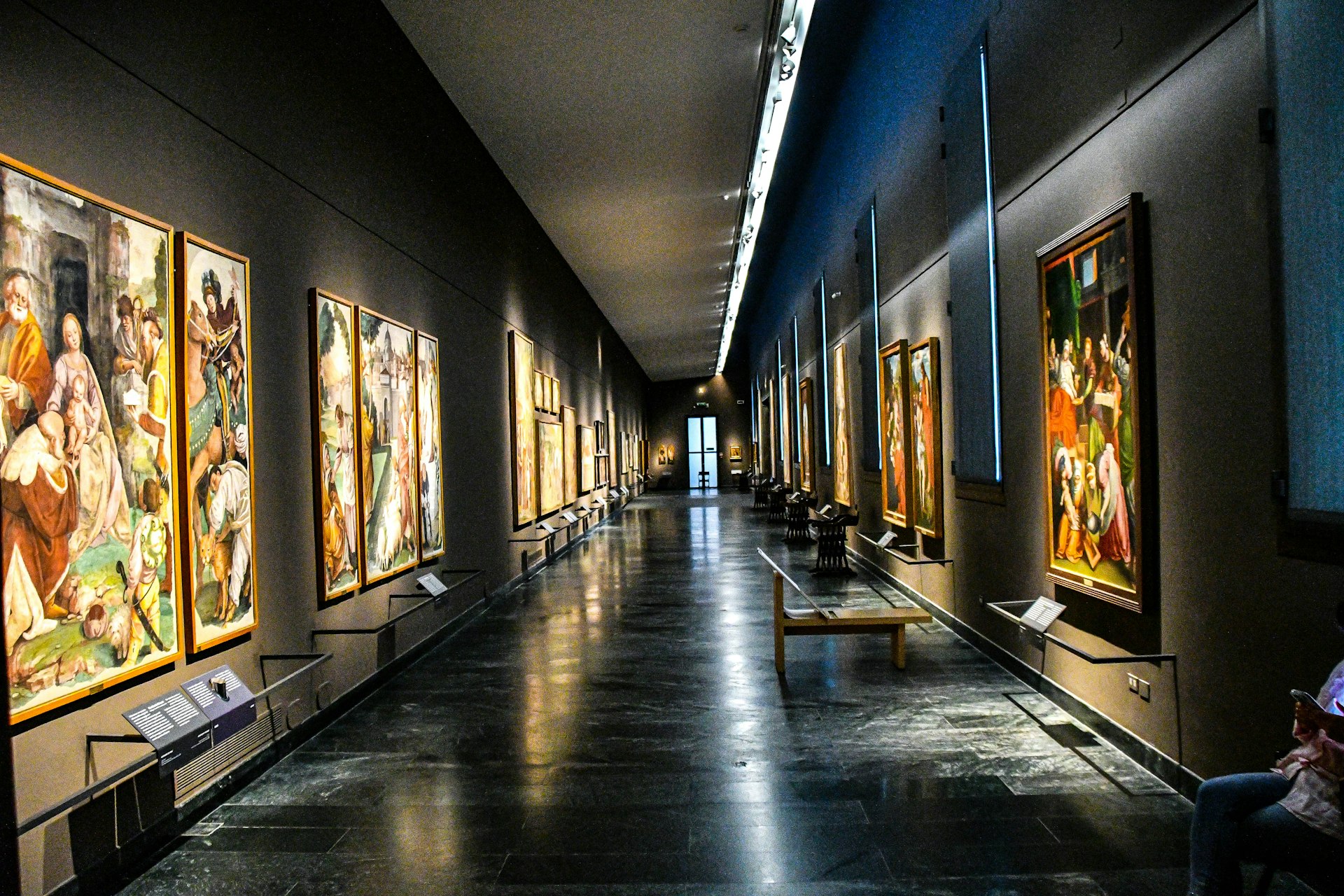Creative Hobbies: Key to a More Fulfilling Lifestyle

Photo by Marketa Wranova on Unsplash
Introduction: The Transformative Power of Creative Hobbies
Engaging in creative hobbies is more than a way to pass the time-it can be a cornerstone of a fulfilling lifestyle. Studies have shown that hobbies such as painting, gardening, writing, and crafting offer measurable benefits for mental, physical, and social well-being [1] . This article explores how creative hobbies drive personal growth, offer actionable guidance for getting started, and provide practical solutions for common challenges.
Why Creative Hobbies Matter
Creative pursuits directly impact multiple dimensions of health and happiness. They foster a state of flow-a sense of deep focus and absorption that can relieve stress and enhance emotional resilience [3] . For example, activities like painting or crafting not only stimulate the mind but also promote relaxation and mindfulness. Regular creative engagement can:
- Reduce anxiety and depression symptoms
- Boost memory and cognitive function
- Promote relaxation and mindfulness
- Increase overall happiness and satisfaction
Research also suggests that balancing multiple hobbies helps prevent burnout and supports continuous personal growth [4] .
Popular Creative Hobbies and Their Benefits
Gardening
Gardening is a hands-on activity that encourages physical movement and mindfulness. Whether tending to a small windowsill planter or cultivating a backyard vegetable patch, gardeners experience the satisfaction of nurturing life. Gardening is shown to improve mood, decrease stress, and provide gentle exercise [1] . To get started, you can join a local gardening club or take a beginner’s workshop at a community center.
Arts and Crafts
Painting, pottery, woodworking, and other crafts stimulate creativity and dexterity. These hobbies allow for personal expression while also providing opportunities to learn new skills and techniques. Group classes are a great way to connect socially and share inspiration [1] . You may find classes at local art studios, libraries, or community colleges.
Writing and Journaling
Creative writing, poetry, and journaling help process emotions and reflect on experiences. These activities can be done individually or in groups, such as writing workshops or book clubs. Writing regularly can enhance focus, improve emotional intelligence, and document personal growth [3] .
Music and Performing Arts
Learning a musical instrument or participating in theater fosters discipline, patience, and teamwork. Local music schools, community theaters, or online platforms provide lessons and group activities for all ages and skill levels.
Puzzles and Brain Games
Puzzles, crosswords, and strategy games challenge cognitive abilities and offer social opportunities when played with others. These hobbies are shown to maintain mental sharpness and encourage meaningful interactions [1] .
Step-by-Step Guide to Starting a Creative Hobby
- Identify Interests: Reflect on activities that excite you or spark curiosity. Consider hobbies you’ve enjoyed in the past or new skills you wish to develop.
- Research Opportunities: Search for local clubs, workshops, or online communities. Community centers, libraries, senior centers, and colleges often host hobby groups. Use search terms like “art classes near me” or “gardening workshops” for local resources.
- Set Realistic Goals: Begin with manageable projects or short sessions. This helps build confidence and prevents overwhelm.
- Gather Supplies: Many hobbies require basic tools or materials. Start simple-most community programs offer equipment for beginners.
- Connect with Others: Join group classes or online forums to share your progress, ask questions, and stay motivated.
- Track Your Progress: Maintain a journal or photo log of your projects to celebrate milestones and reflect on growth.
Overcoming Common Challenges
Time Constraints: Integrate hobbies into your weekly routine by designating specific times or combining them with social events. For example, join a weekly art class or set aside an hour on weekends for gardening.
Limited Space: Opt for minimalist hobbies such as sketching, journaling, or puzzles, which require little room and minimal setup. Stay organized by storing materials in multi-use containers [5] .
Budget Considerations: Many creative hobbies are low-cost or free. Libraries, community centers, and online platforms provide access to materials and instruction. Consider borrowing supplies or joining group activities to share resources.
Lack of Confidence: Remember that skill develops with practice. Choose beginner-friendly activities and seek supportive communities. Many programs are designed for newcomers and foster a welcoming environment.
Alternative Approaches to Finding Fulfillment
If traditional hobbies do not appeal, consider volunteer work or group exercise classes. Volunteering offers purpose, social interaction, and the chance to learn new skills. Group fitness activities like yoga or dance combine physical health with creativity and community involvement [1] .
Maintaining Motivation and Growth
Regular creative engagement sustains fulfillment over time. Set new challenges, explore different hobbies, and connect with peers to expand your horizons. If you feel stuck, revisit your goals and try a new activity to reignite enthusiasm. Remember, the journey itself is as valuable as the outcome.
How to Access Hobby Resources and Communities
To find local hobby groups or classes, use search engines with specific keywords such as “pottery classes near me” or “community choir.” Libraries and community centers often post event calendars. For online resources, visit established websites like Meetup or Eventbrite to find local gatherings and workshops. If you seek expert guidance, consult with local educators, art studios, or extension offices for recommendations.
Key Takeaways
Creative hobbies offer a pathway to greater well-being, social connection, and personal satisfaction. Whether you pursue gardening, art, music, or writing, these activities can help you build new skills, relax, and enrich your everyday life. Start by identifying your interests, seeking out community resources, and embracing the process of learning and growth.

Photo by Kit (formerly ConvertKit) on Unsplash
References
- [1] Front Porch (2024). Boost Your Well-being with These 6 Health and Happiness-Promoting Hobbies.
- [2] Asher Point Lincoln (2025). Benefits of Creative Hobbies in an Independent Living Community.
- [3] Bupa UK (2023). How do creative hobbies benefit your health?
- [4] Lexipol (2025). Five Hobbies for a Well-Rounded Life.
- [5] Maximum Gratitude Minimal Stuff (2023). 52 Minimalist Hobbies to Benefit and Enrich Your Life.



